Singapore Government & Apple partnership: a privacy concern?
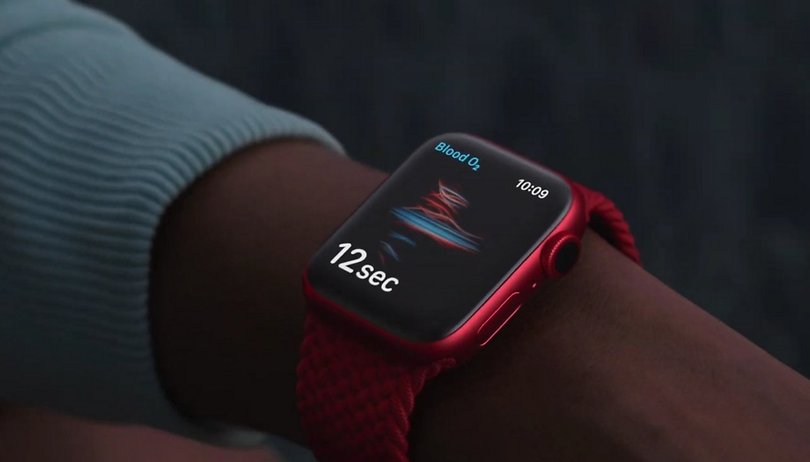

In addition to getting you through the checkout line as quickly as possible, Apple also wants you to stay fit and burn fat. The Cupertino company has partnered with the government of Singapore to roll out a fitness and population health program. It looks like the best of all worlds is just around the corner!
At its keynote that did not see any iPhone announcement that was held on Tuesday, 15 September, Apple unveiled its upcoming iPad Air 4 and iPad 8, as well as its Apple Watch Series 6 and Apple Watch SE. During the conference, Apple put forward examples of how the Apple Watch has positively impacted its users in terms of health and fitness over the years.
Sports and e-health are truly the cornerstones of Apple's common wearable technology strategy. But Apple decided to take it one step further. Parallel to these announcements, the Apple brand commented on a national health program in Singapore, having forged a partnership with the city-state's government.
The principle is simple: make citizens (volunteers) buy an Apple Watch if they don't yet have one already so that they can subscribe to a health and fitness application over a period 2 years, where each goal achieved will result in a reward.
By the sweat of his brow
I greatly exaggerate the dystopian aspect of this initiative, of course. It's a totally voluntary program that does not require you to purchase more Apple products if you are already an existing user. However, perhaps it is the paranoia in me that resulted in this line of thought: I do not really buy into the idea of brands interfering with public policies that encourage people to buy their products - and it does not matter whether it concerns health matters or otherwise.
In concrete terms, this free application will be known as LumiHealth. It runs on the Apple Watch Series 3 and later and requires iOS 13.0, which powers all of Apple smartphones up to the iPhone 6S.
LumiHealth offers a personalized program that aims to promote healthy activities and behaviors with an Apple Watch on your wrist. It is an initiative launched by the Health Promotion Board of Singapore and developed in collaboration with a team of doctors and public health experts. Hence, Apple is just one of the partners in this setup.
In its press release, Apple explained that with LumiHealth, "users travel through worlds with a friendly intergalactic explorer who guides them through tasks that are personalized based on their age, gender, and weight."
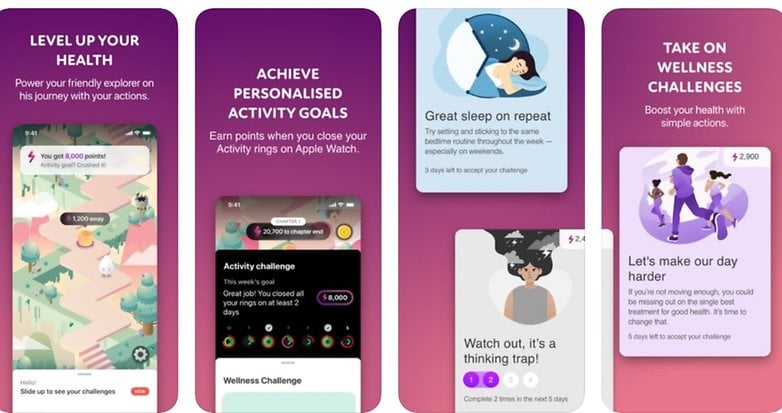
The developer continued, "They include weekly activity goals that can be met through not just walking, but also swimming, yoga, and other activities. LumiHealth also reminds users to go for health screenings and immunizations..."
In addition, the application motivates participants to take part in challenges that aim to improve sleep and alertness habits while encouraging better food choices.
It all does not sound too bad or intrusive at all on the surface, and there are even monetary rewards for the most involved participants, with rewards of up to S$380 (€235) over the two years of the program.
This is enough to literally finance the purchase of a new Apple Watch SE by the sweat of one's brow. Isn't progress wonderful?
Brave New World: When brands take over public policy...
The parallel to Aldous Huxley's novel may not be the best one to support my fantasy of a dystopian environment where those in authority control us.
But in Brave New World, it is indeed a brand like Ford, or rather its founder, Henry Ford, who acted as the sole deity. And the novel revolved around the near-absence of free will enjoyed by the members of a miserable and totally de-personalized society.
Of course, I am not claiming that this LumiHealth initiative that was kicked off in partnership with Apple, is even remotely similar in scope or purpose. But it is still disturbing, or perhaps irritating, for a private for-profit company to interfere in public policy.
Imagine, a tutoring program for exceptional students that would require the use of an application that is only available on the latest iPads. This program would obviously be voluntary and the application would be free, but for those who do not own Apple products or are unable to afford them, well, too bad then.
I had the same feeling when, in 2019, the RATP announced that Parisians would be able to validate their tickets and Pass Navigo on their smartphones. However, the application in question was exclusive to Samsung smartphones or Orange subscribers.
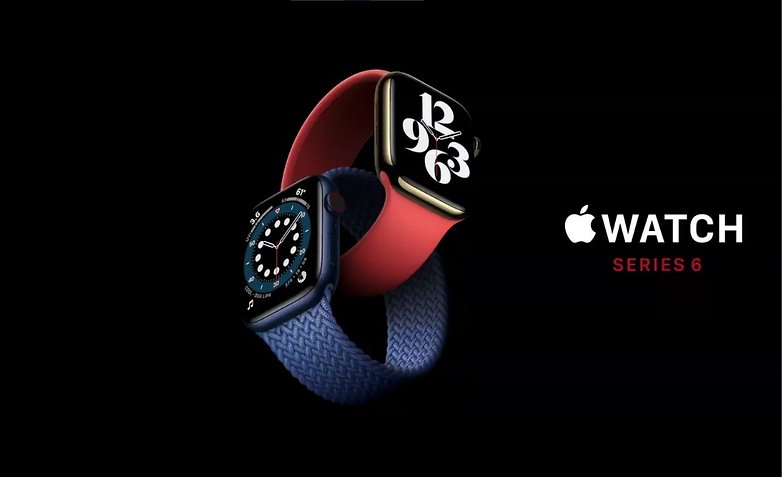
I am also well aware that it is a bit silly of me to complain about a program in a country that I am not a citizen of and neither do I have any vested interest in it. I do not indulge in sporting activities and neither do I live in Singapore. So why am I feeling so sour about it?
The purpose of public policy is to try to bring about lasting change in society, across different levels and in different areas. In this example about Singapore, the goal of the state is to achieve better public health. Is it so wrong to want to make people healthier?
But one can legitimately wonder about the interest of such an initiative when the city-state retains a certain air of exclusivity to only a selected part of the population, in this case, the users of Apple products. And it is all the more questionable when this public policy could easily pass for a method to subtly promote the purchase of Apple products.
If it was a service Apple offered directly from the manufacturer, then I wouldn't have any issue with that. It would be a subscription just like any other, but the fact of the matter is this - this indeed is a program that comes from the city-state.
Are you tired of being fat? You want to eat less and be more active? Then download this free application and join the national fitness program. Ah, you don't have an iPhone or Apple Watch? In that case, you would just have to settle for eating apples, as some might say...
What do you think of this LumiHealth program in Singapore? Do you think I'm being paranoid about it, and that the partnership with Apple nothing to worry about? Let me know in the comments.
Also read on NextPit:
Source: Apple







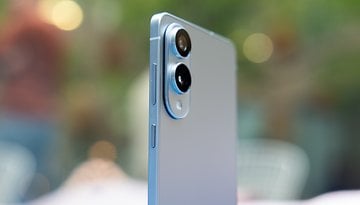

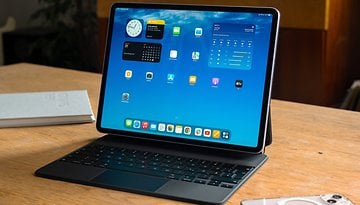
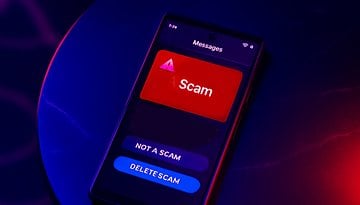
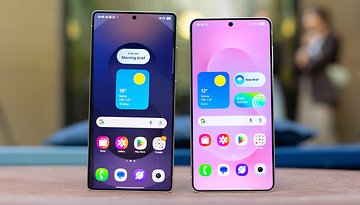
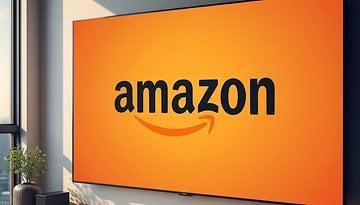
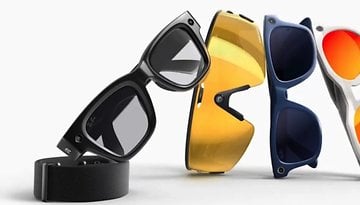
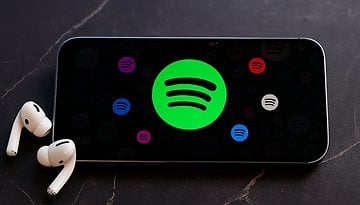
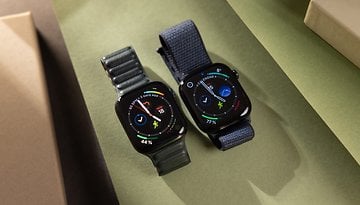



-
Admin
Sep 18, 2020 Link to commentThere is a lot to worry but when the bell rings the dogs salivate.
The privacy ship sailed long ago for both of those entities.